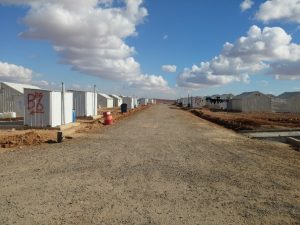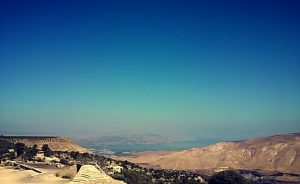This entry is by Jonathan Petts, COL ’02, LAW ’07
After graduating from Penn (‘02) and then Penn Law (‘07), I followed the traditional corporate law path, working for large firms in New York. That corporate life was interesting enough for a while. But I found my true passion in the pro bono bankruptcy cases I did helping low-income New Yorkers buried in debt. My first client was a woman from Crown Heights named Linda. Linda was unemployed and had $40,000 in medical debt from a car accident. I helped Linda file for Chapter 7 and obtain a fresh start. She called me back a year later to share some great news. She had a job, her credit score was 100 points higher, and she was still debt free. She then told me something I’d never forget, “If I hadn’t found you, I’d still be trapped in debt because it costs $2,000 to hire a bankruptcy lawyer and if I had $2,000, I wouldn’t be filing for bankruptcy.” I realized that the people who need access to our bankruptcy courts the most in America are the least able to afford it.
The bankruptcy process involves lots of data entry and document collection that are ripe for automation. So along with my cofounder Rohan Pavuluri, I founded a tech nonprofit called Upsolve which provides free Chapter 7 bankruptcy help to low-income Americans across the country. Last year, our website helped over 400 Americans get a fresh start, erasing over $16 million in debt from medical illness, job loss, and payday loans. We’ve been lucky to get grant funding for our work from the Robin Hood Foundation, Y Combinator, the Public Welfare Foundation, and other fantastic funders.
I see Upsolve as a small piece of a broader opportunity to democratize access to the law for low-income Americans. The internet has transformed the delivery of most professional services to consumers. For little to no cost, consumers can use TurboTax to complete personal tax returns, use WebMD to diagnose their medical conditions, or use Khan Academy to learn a new subject. But the internet has brought very little disruption to the delivery of legal services. One lawyer researches, writes and litigates for a single client, who is charged by the hour. The result is 80% of low-income Americans with a legal problem cannot afford to hire lawyer. In the years to come, I’m excited to see other tech solutions to help low-income Americans solve their legal problems on their own.







